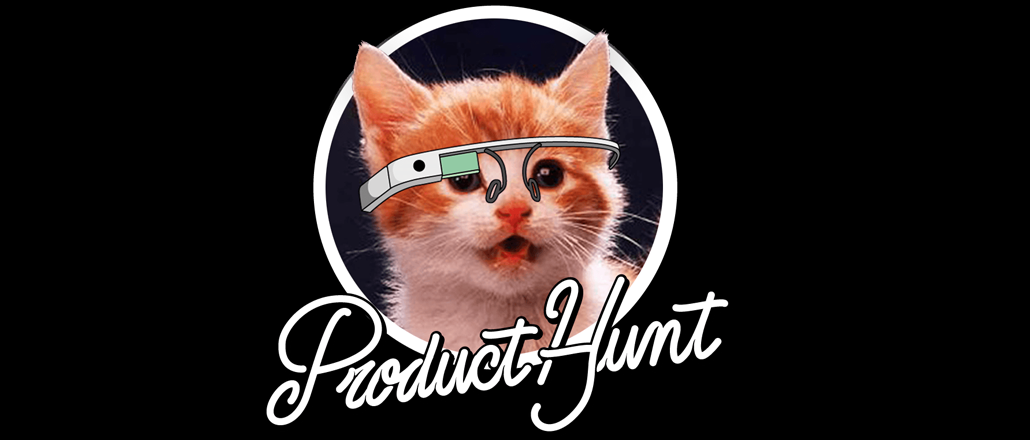Secure your place at the Digiday Media Buying Summit in Nashville, March 2-4

Ditching writers in favor of a platform, Product Hunt is exactly what you’d expect from a media brand born out of Silicon Valley.
Conceived in 2013 as an email list for people looking to find new apps, Product Hunt has become a source for new books, video games and podcasts surfaced by the wisdom of the crowd. Recently, it has pushed into creating content itself with a podcast and Product Hunt Live, a Reddit AMA-like series where designers VCs, startup CEOS and designers field questions from Product Hunt users. The Q&As have attracted the likes of Ashton Kutcher, Foursquare CEO Dennis Crowley and The New Yorker editor Nicholas Thompson. The formula has been successful enough to attract $7.5 million in venture capital since 2013.
Here’s what media companies can learn from Product Hunt’s rise.
Product Hunt is community-first.
The publisher comment section feels like an endangered species. The likes of Recode, Vice’s Motherboard and Reuters have all ditched their comment sections in favor of pushing conversation to Facebook and Twitter. Product Hunt has gone in the opposite direction by building community into its foundation. Not only do users upload and comment on new products, but Product Hunt has also consulted with them on new features. (The company doesn’t say how many users it has or how many log in each month.)
“The tech of the site itself isn’t the most complicated thing. It’s about the community, fundamentally,” said Ryan Hoover, Product Hunt’s CEO. “People have tried to replicate some of the features, but a lot don’t work because they don’t have the community behind them.”
Product Hunt is focused and influential.
Despite reaching only a few hundred thousand unique visitors a month, Product Hunt has become one of the most influential sites in tech circles. While sites such as TechCrunch and VentureBeat have long been the go-to places for getting the word out about new products, Product Hunt has started to take their place. Startup founders are desperate to be featured on the site, reporters are using it for stories and even big companies such as Path are using it to publicize new features. Venture capitalists have discovered it too, going as far as to use the site to source deals. All of that speaks to Product Hunt’s rapidly expanding influence, which is more than the sum of its traffic.
“For most apps right now, Product Hunt is a premier location for launching something new,” said Joel Andren, CEO of PressFriendly, which sells software to help marketers manage PR campaigns. “When you launch on TechCrunch, you’re one of 30 articles, but on Product Hunt, people are there with a purpose.”
Product Hunt has become an aspirational brand.
On a surface level, Product Hunt seems dominated by members of the relatively insular world of Silicon Valley. But Silicon Valley only represents 3 percent of Product Hunt’s traffic. Over half of the site’s traffic comes from outside the U.S., largely from the global tech communities in cities such as Toronto, Berlin and Paris.
“When we did the research, we realized that people were using the site because it inspired them. That was the primary reason,” said Hoover.
Tapping into users’ desire to learn from others was the idea behind Product Hunt’s Live series. Product Hunt has run about 150 of the sessions since August. “Our users are finding asking high-profile people questions inspirational. It humanizes them,” Hoover said.
More in Media

Media Briefing: Turning scraped content into paid assets — Amazon and Microsoft build AI marketplaces
Amazon plans an AI content marketplace to join Microsoft’s efforts and pay publishers — but it relies on AI com stop scraping for free.

Overheard at the Digiday AI Marketing Strategies event
Marketers, brands, and tech companies chat in-person at Digiday’s AI Marketing Strategies event about internal friction, how best to use AI tools, and more.

Digiday+ Research: Dow Jones, Business Insider and other publishers on AI-driven search
This report explores how publishers are navigating search as AI reshapes how people access information and how publishers monetize content.





